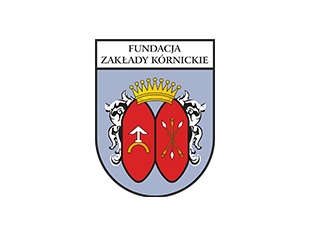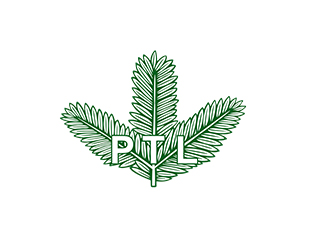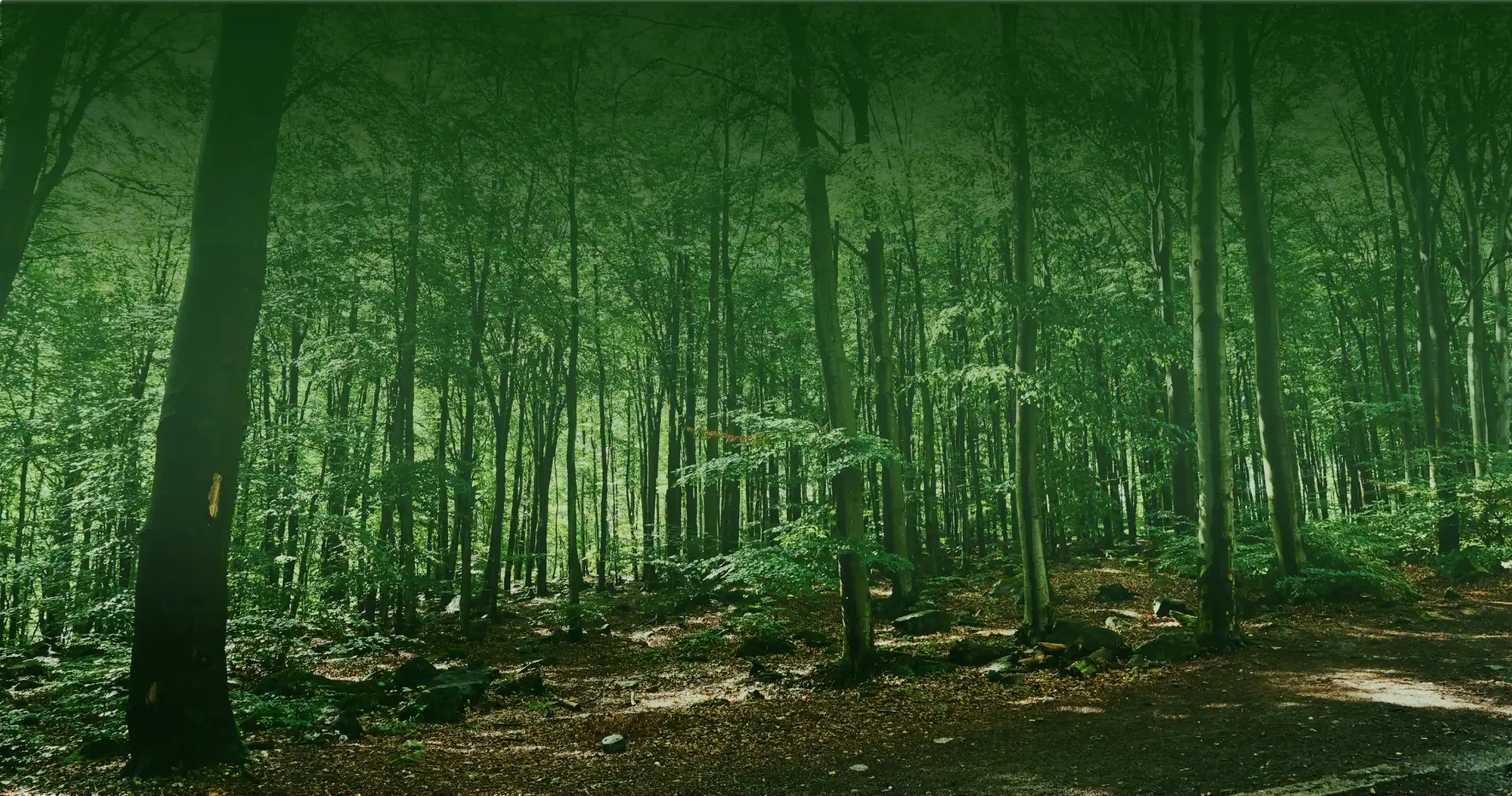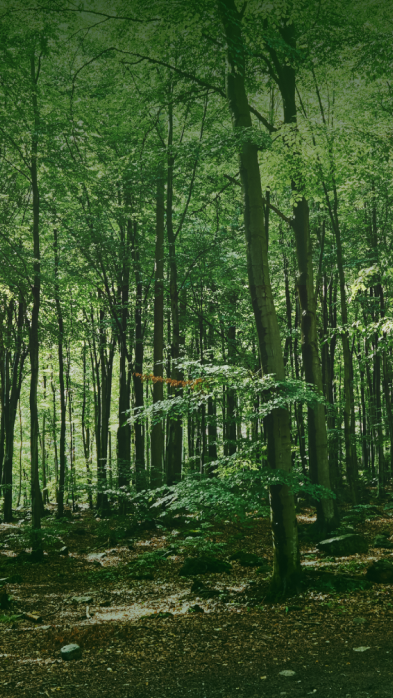COOPERATION










Institute of Dendrology
Polish Academy of Sciences
SCIENTIFIC CATEGORY A+ IN THE DISCIPLINE OF BIOLOGICAL SCIENCES
SCIENTIFIC CATEGORY A+ IN THE DISCIPLINE OF FOREST SCIENCES
COOPERATION







We invite you to listen to Dr. Paweł Horodecki’s lecture entitled “Together or separately? How do we write guidelines for industrial site reclamation?”
Should post-industrial sites reclamation be based only on the Scots pine and the silver birch? Definitely not. The fertilization and productivity of habitats on devastated sites proceed much faster under the canopy of mixed stands. Promoting such stands also reduces the cultivation risks associated with the sensitivity of certain species to unfavorable habitat conditions. Pioneer pine and birch should be introduced only there, where other species will not survive.
We invite you to listen to Dr. Mariola Rabska’s lecture entitled “The role of sex in plants in a changing environment.”
Of the various systems of sexual reproduction in plants, hermaphroditism, monoecy and dioecy are the most common. The latter system gives researchers the opportunity to see what consequences result from plants fulfilling the male role versus the female role. The environment, as well as the changing climate, can affect the different sexes in different ways, and species with diverse reproductive systems are affected differently.
We invite you to listen to Prof. Marian Giertych’s lecture entitled “Life on an oak tree - a local biodiversity hotspot”.
A hotspot is a place characterized by high biodiversity. Such a name can be given to our oak trees - Quercus. The oak, as a long-lived tree, is a host plant for a whole range of other organisms to which it provides food. It is inhabited by hundreds, perhaps thousands, of species of insects, many mycorrhizal and parasitic fungi, oak mistletoe parasitize on the shoots, and acorns provide food for many species of mammals and birds.
We invite you to listen to a lecture by Ms. Paulina Kościelniak, M.Sc., entitled “Different climate – different roots”.
Water is a key element for the survival of plants. Meanwhile, its shortage is becoming increasingly severe. Trees, however, have developed a whole range of mechanisms to avoid or tolerate drought. The root system's response to reduced water availability can therefore be a modulation of its architecture and biomass allocation in order to draw water from the near-surface soil layers, as well as directed growth toward water deposits located in deeper soil layers. Thus, plant survival will depend on the drought-coping strategies adopted.
.
We invite you to listen to a lecture by Ms. Katarzyna Rawlik, M.Sc., entitled “Forest is not only trees. Plants of the forest herbaceous layer”.
The herbaceous layer is the lowest, ground-level of plants and fungi in the forest. In this layer of the forest, light is the main limiting factor for plant growth. The species composition of the herbaceous layer of forests throughout the globe is formed by a group of specialized taxa in which different strategies for coping with stress have been observed. The ecological importance of these plants in forest ecosystems is often underestimated and overlooked. Meanwhile, the contribution of herbaceous plants of the herbaceous understory layer to various ecological processes is only seemingly negligible.